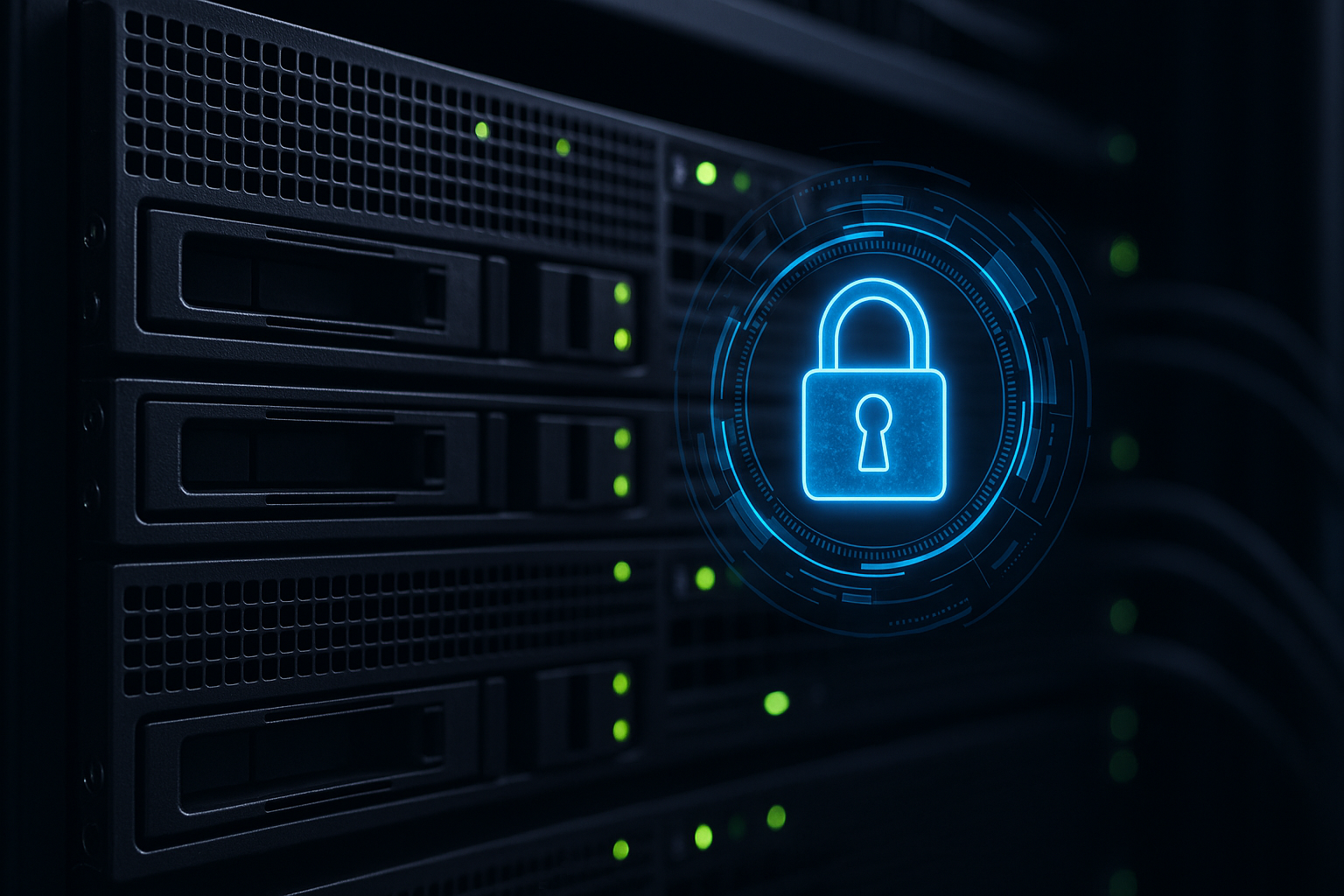Cybersecurity for Servers: Preventing Data Breaches Before They Happen
Why server cybersecurity matters
Strong cybersecurity for servers is the foundation of secure digital operations. Every organization relies on its servers to store, process, and transmit sensitive data, making them prime targets for cyberattacks. As threat actors become more sophisticated, even a minor vulnerability can lead to massive data breaches and operational disruption.
Hackers often exploit misconfigurations, weak credentials, or outdated software. Preventing such incidents requires a proactive approach that combines continuous monitoring, encryption, and access management. Protecting a server is not just about reacting to threats but anticipating them before they occur.
Essential protection strategies for servers
Implementing a multi-layered defense strategy is critical. Start with server hardening, which includes disabling unnecessary services, enforcing strong password policies, and applying security patches immediately after release. Firewalls and intrusion detection systems should be properly configured to identify and block suspicious traffic.
Encryption should never be optional. Sensitive data—both at rest and in transit—must use strong encryption protocols like AES-256 and TLS 1.3. Likewise, access to administrative functions should be restricted using role-based permissions and multi-factor authentication.
Regular vulnerability assessments and penetration testing help organizations detect and mitigate weaknesses before attackers exploit them. This continuous evaluation ensures that protection evolves with emerging threats.
The value of proactive monitoring and response
Real-time monitoring allows early detection of irregular patterns or unauthorized access attempts. By combining automated alert systems with human oversight, IT teams can respond to potential incidents before they escalate.
Training and awareness play a major role too. Administrators and security staff should be regularly updated on new attack techniques and best practices. A well-trained team combined with smart automation creates a resilient environment capable of resisting modern cyberattacks.
Focusing on cybersecurity for servers means building trust, ensuring data integrity, and maintaining business continuity. With the right combination of technology and awareness, organizations can prevent data breaches before they happen.
Source: Kaspersky

